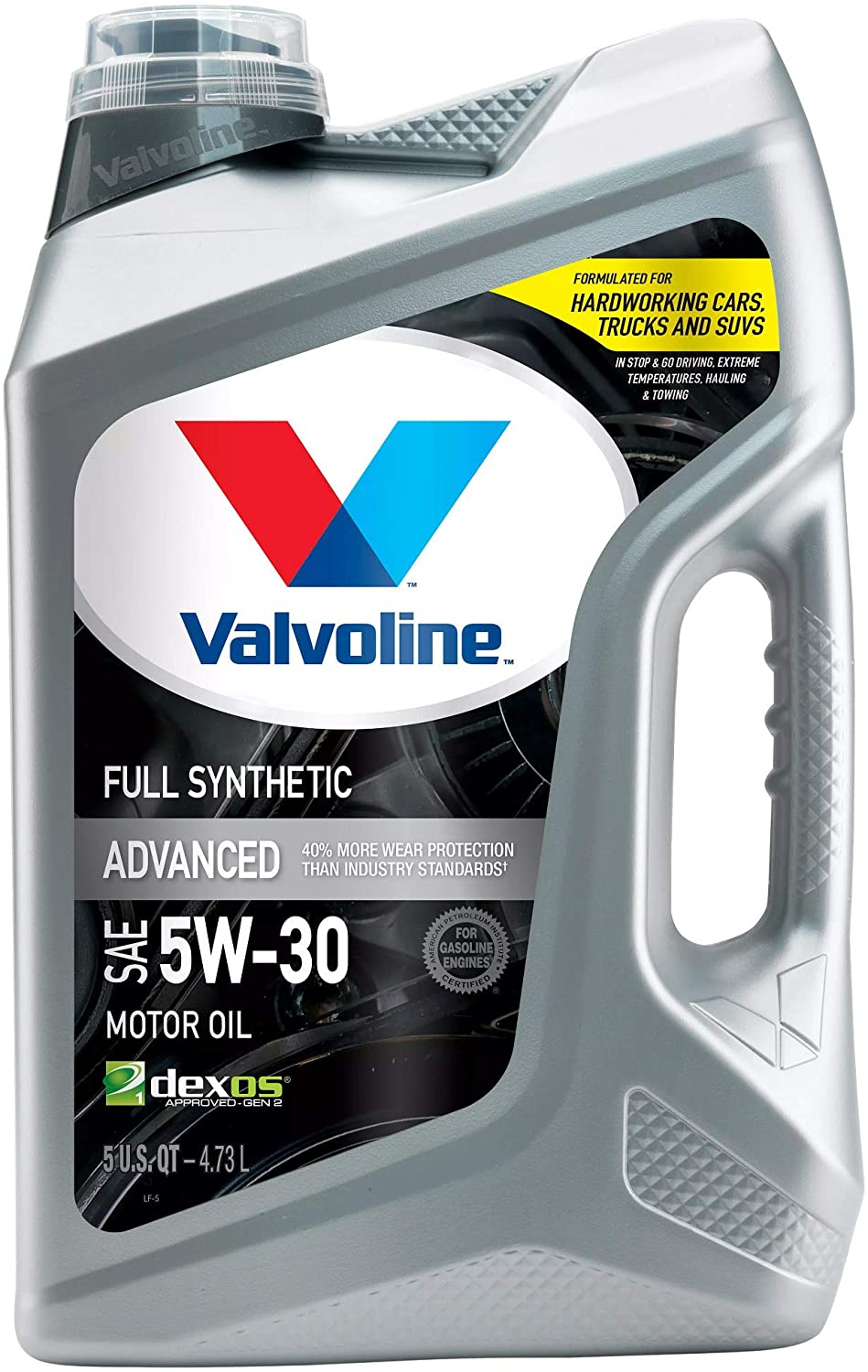Synthetic oil is a manufactured lubricant consisting of artificial chemicals used to lubricate your car’s engine. It is one of the most critical fluids needed for your vehicle to keep it functioning correctly.
Developed in 1929, synthetic oil is widely known because of its various uses. Everyday vehicles aren’t the only forms of transportation that use synthetic oil. Believe it or not, high-performance jets and many aircraft use synthetic oil as fuel to ensure optimal performance.
In the automotive industry, synthetic oil is gaining popularity because it does better engine protection and lasts longer than traditional oil. So, what’s the difference? Let’s discuss everything you need to know about synthetic oil!
What is the Difference Between Synthetic and Conventional Oil?
Conventional oil is a petroleum-based oil that is thick at low temperatures but thins out at high temperatures. While traditional oil is similar to synthetic oil, the chemicals break down over time, returning it to its former condition. This is why it’s essential to change your oil regularly, so it doesn’t thicken and clog your engine.
On the other hand, synthetic oil is designed to last longer than conventional oil because it is made from the highest quality base oil and a synthetic blend. This makes it a better option for your vehicle. Synthetic oil also aids fast speed, reduces the impact of frequent start and stops on your engine, and helps with easy towing.
Is Synthetic Oil Better than Conventional Oil?
Synthetic oil is better than conventional oil because it offers adequate lubrication that lasts. This saves you money on oil changes and ensures the longevity of your engine. It also provides impressive overall performance and offers synthetic protection to safeguard the life of your machine.
What Are the Benefits of Synthetic Oil?
Synthetic oil offers several benefits for automotive use. This includes:
Better Mileage and Fuel Economy
Synthetic oil provides better mileage and fuel economy, which will help save money and reduce your long-term auto costs.
Increased Engine Protection
Known for its stability, synthetic oil offers complete engine protection. Using synthetic oil allows your engine to run smoothly all year. It also helps with better performance during the winter months, unlike other oils.
Prevents Engine Build-Up
Synthetic oil can absorb sludge that might have previously been present in your engine to prevent blockages. Unlike other oils, it helps maintain the condition of the engine and keeps it clean.
Are There Any Disadvantages to Synthetic Oil?
While synthetic oil has several benefits, customers and mechanics typically report just one disadvantage. Made from a high-quality manufacturing process, synthetic oil is much more expensive than conventional oil. Although there is a high cost to synthetic oil, you’ll have to change your oil less often, saving you money on oil changes. Therefore, the investment is worth it.
How Often Does Synthetic Oil Need to Be Changed?
Unlike conventional oil, synthetic oil is more refined, higher-quality, and better performing. While traditional oil should be changed every 3000 miles, you can change synthetic oil at 5000 to 7500 miles, thanks to the modern and enhanced lubricants found in this oil.
Depending on the type of synthetic oil you use, some products can even last up to 15,000 miles. Talk to your local mechanic for advice. They will determine the best option for you based on the type of car you drive, how it’s used, and where you travel.
Contact a Local Auto Repair Shop to Handle Your Vehicle Maintenance
Whether you’re heading out on a road trip or it’s time for your routine maintenance, a reliable mechanic will ensure your car is in the best shape. Contact a Rancho Cucamonga auto repair shop to schedule your maintenance service and keep yourself safe on the road!
